Although it is normal for horses to live with parasites, an infestation can have a negative impact on the gastrointestinal tract of horses and overall health and wellness. Poor coat appearance, loose manure and colic can all be consequences of parasites, even though these are usually thought to be feed related issues. But much like two horses rarely have the same nutritional needs, no two horses are the same when it comes to the type and amount of parasites in their intestinal tract.
The new age of deworming methods.
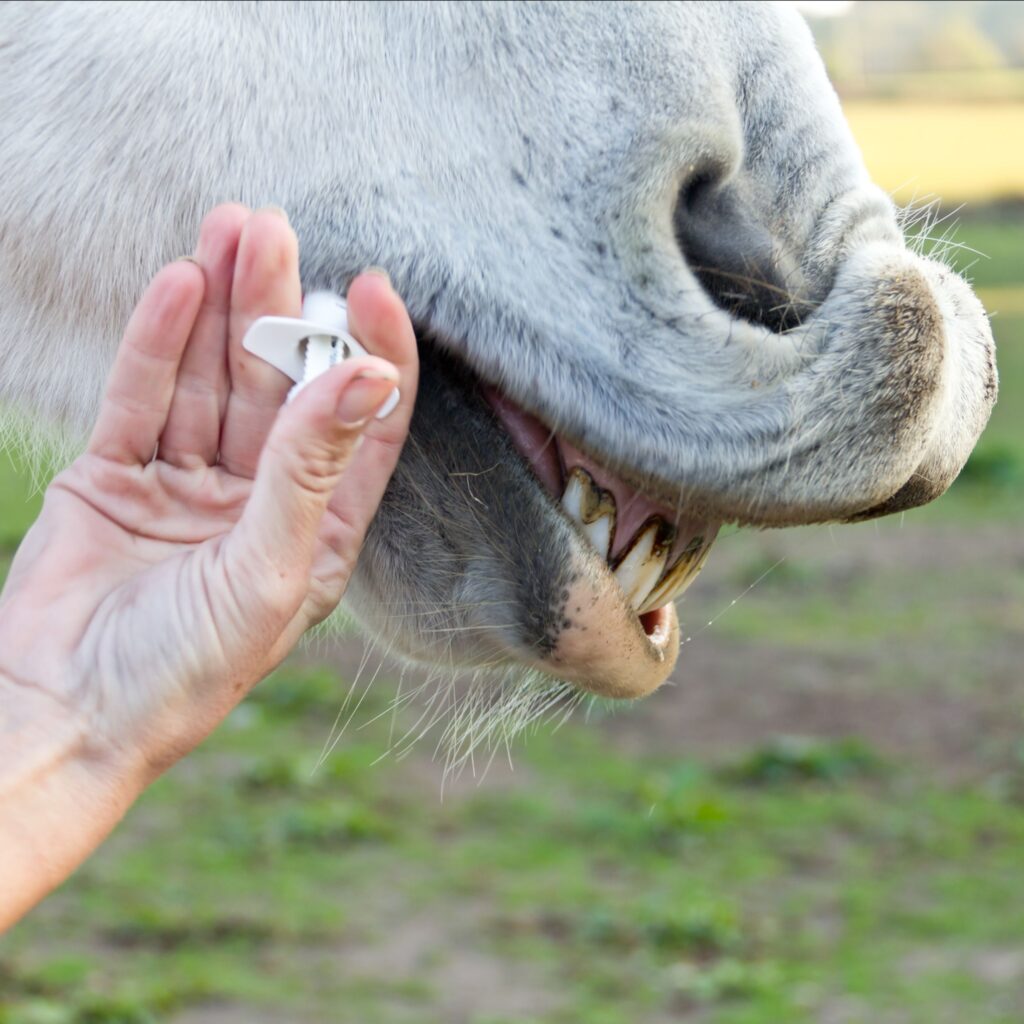
Every horse person out there knows that it has been a long practice to deworm horses as a group, on the same rotation, every few months. Remember when it was worming season at your local barn, and all the horses would come in one by one, to receive their dose: a rotating schedule of ivermectin, benziomole, and so on? This easy routine has had lingering consequences in the rise of parasite resistances to some of these medications throughout Canada. With focused research into parasites and deworming, we now know that there is usually a very small percentage of horses in each herd that contributes to a majority of the parasite contamination.
This means that there are actually only a few horses in each herd that are responsible for a majority of the worms that are on the farm and therefore infecting the rest. It also means that horses ideally require different deworming programs even if they are living in the same environment.
If all horses have different types of parasites (that is a whole other can of “worms”) and at different levels, deworming a herd of horses altogether is therefore pretty ineffective. This is why it is worth the effort of any horse owner to take a fecal sample to their local veterinarian for a fecal egg count (FEC). In short, this test will identify the eggs of parasites that are occupying a specific horses’ intestinal tract. We cannot eliminate parasites entirely, but we can use FEC to strategically worm horses rather than needlessly medicating or running the risk of further resistance.
Why an individualized schedule?
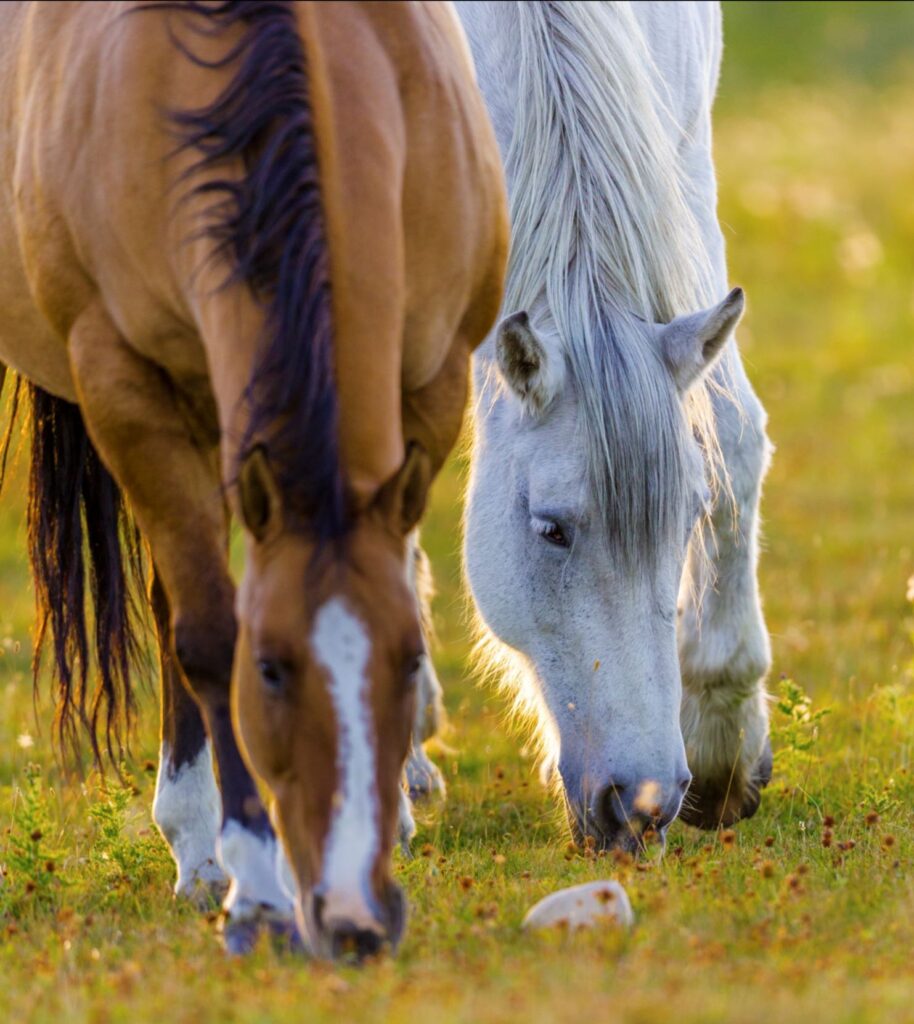
Regional Differences
Canada has an enormous land mass. And with that land mass from the east coast to the west coast comes many different parasites that thrive in different areas. Parasites that are strong and common in Ontario, may not be prevalent in Alberta, and vice versa. Wormers that are effective in one region are not going to be helpful in another, or may even be resistant in that particular area from overuse. It is important to know what parasites are prevalent in your area and the types your herd has, specifically.
Herd Differences
There is diversity even within herds at each individual farm. We’re talking indoor boarders versus outdoor boarders. Because the indoor boarders are generally not as exposed to pasture grazing and manure in paddocks where parasites thrive, they are naturally less likely to have high levels of transmission. This probably means that your outdoor boarders would need a more frequent worming schedule than those who are primarily indoor boarders.
Age
Foals are more susceptible to the negative effects of parasites right from birth and require a more stringent worming schedule until they build immunities. Since foals can get worms right from their mother in milk and also in her manure, it is general practice that foals are wormed every 4 to 6 weeks depending on the wormer being used. This will differ greatly from an adult horse worming schedule which foals will be on after 18 months or so. This also means that foals and yearlings should be separate from adults to give them time to build the immunity required.
Resistance
Canada has seen resistance of some classes of wormers due to overuse in the past. We know that internal parasites are never gone from the equine digestive tract. The issue is that there are limited classes of medications available to horses – all of the different brands and types of wormers are actually based on just a few types of chemicals. Continued overuse may mean that drug resistant parasites could deem all wormers ineffective. Worming with a class of medicine that is no longer effective on your horse cannot guarantee that it is working, and it also means putting chemicals into your horse with no result.
Fecal egg counts
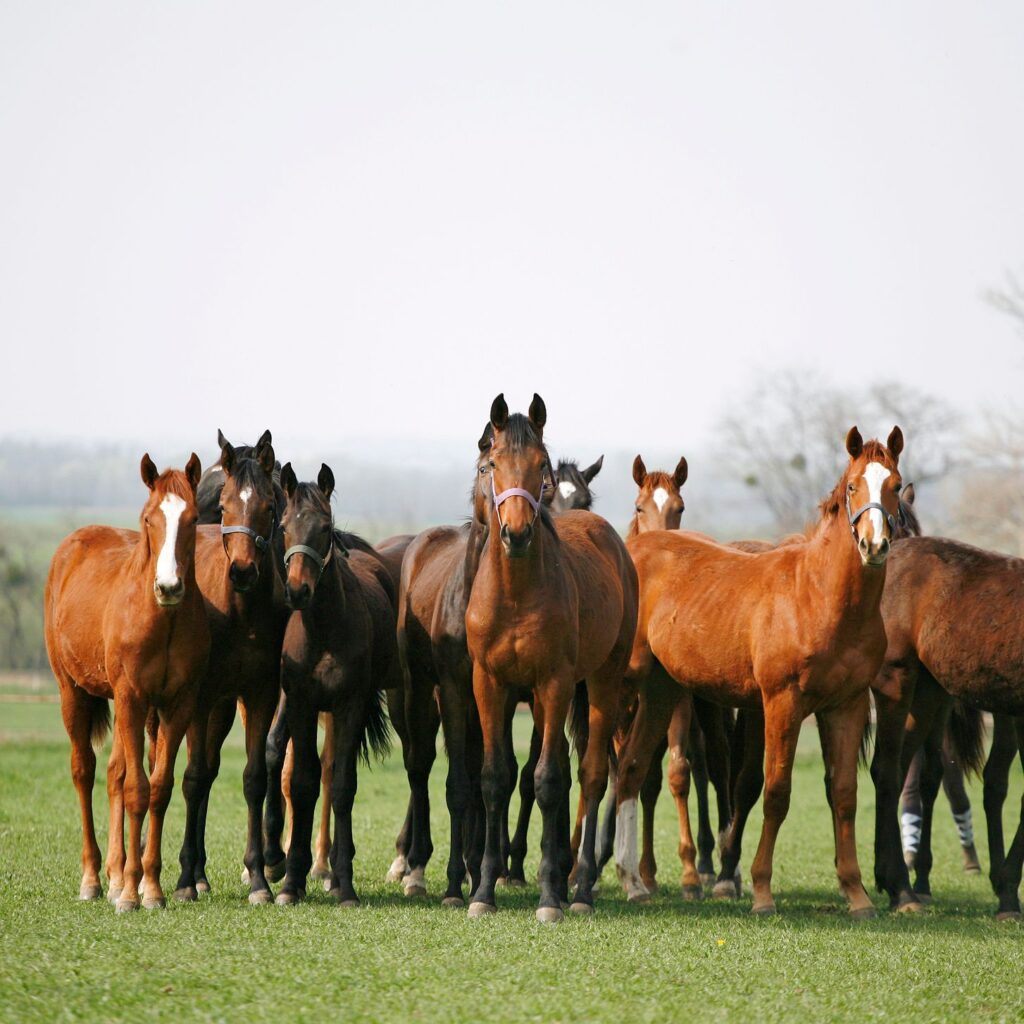
Fecal egg count testing can not only tell you who on your farm has the highest parasite load and does a majority of the shedding, it can also help you determine if the medication you are using is actually working. If there is a reduction in parasites in a second test, you know that you’ve chosen a proper, effective medication. If there is no reduction, you’re basically worming your horse for no reason whatsoever. And if you have a difficult horse to worm (we’re thinking head throwing, spitting out, backing up) – you want to be sure that you only have to do that chore when absolutely necessary.
Individualized deworming plans may seem tedious at first, but in the long run can save money, make sure you are using the right medication for your horses’ parasites and minimize the amount of dewormer used on your horses. Keeping low levels of parasites in your horses also makes sure that the feed you are giving them is able to work to it’s best ability. Check out our Tips for Parasite Reduction complimentary blog for a few other management tips to help manage your horses’ parasite loads for happy, healthy horses!
For more information or to schedule an on-farm call or hay analysis from one of our reps, visit our website, contact us, or email us directly at: happyhorses@masterfeeds.com
Product Spotlight
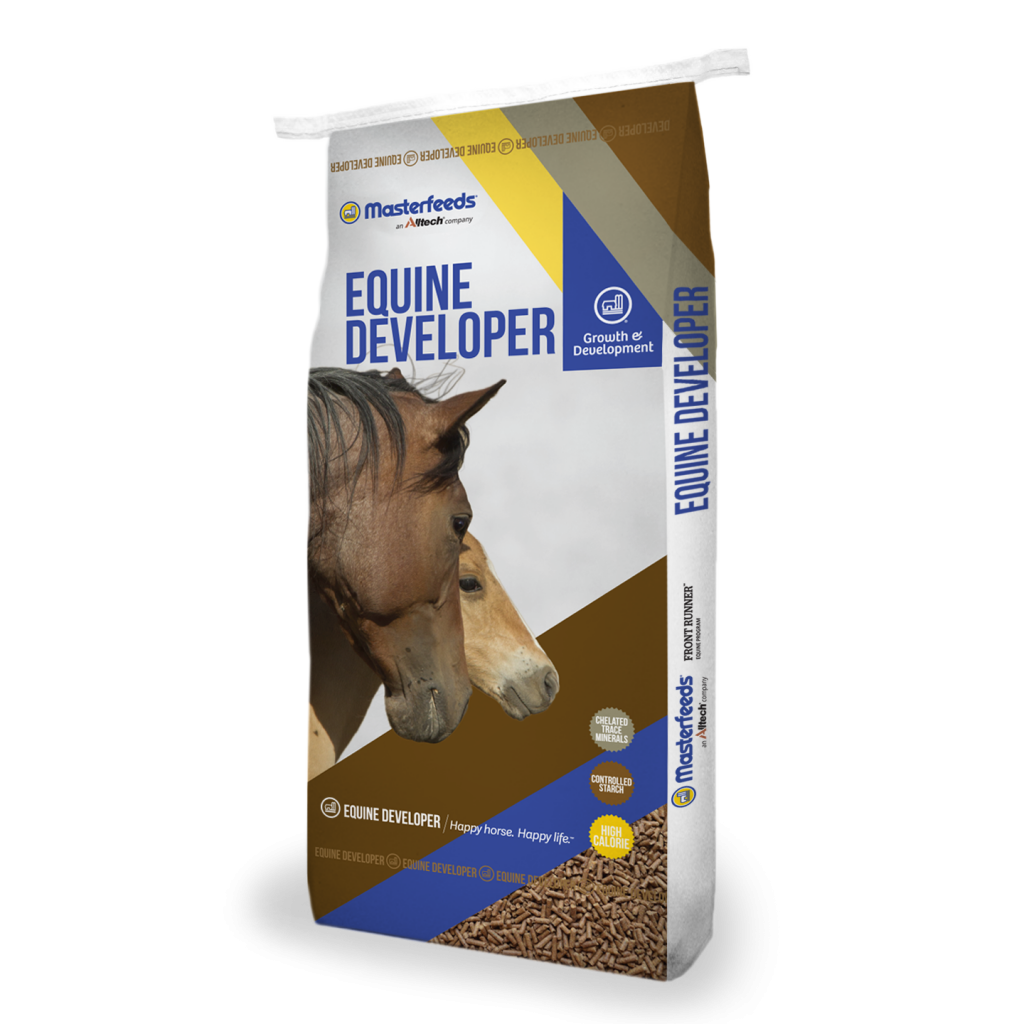
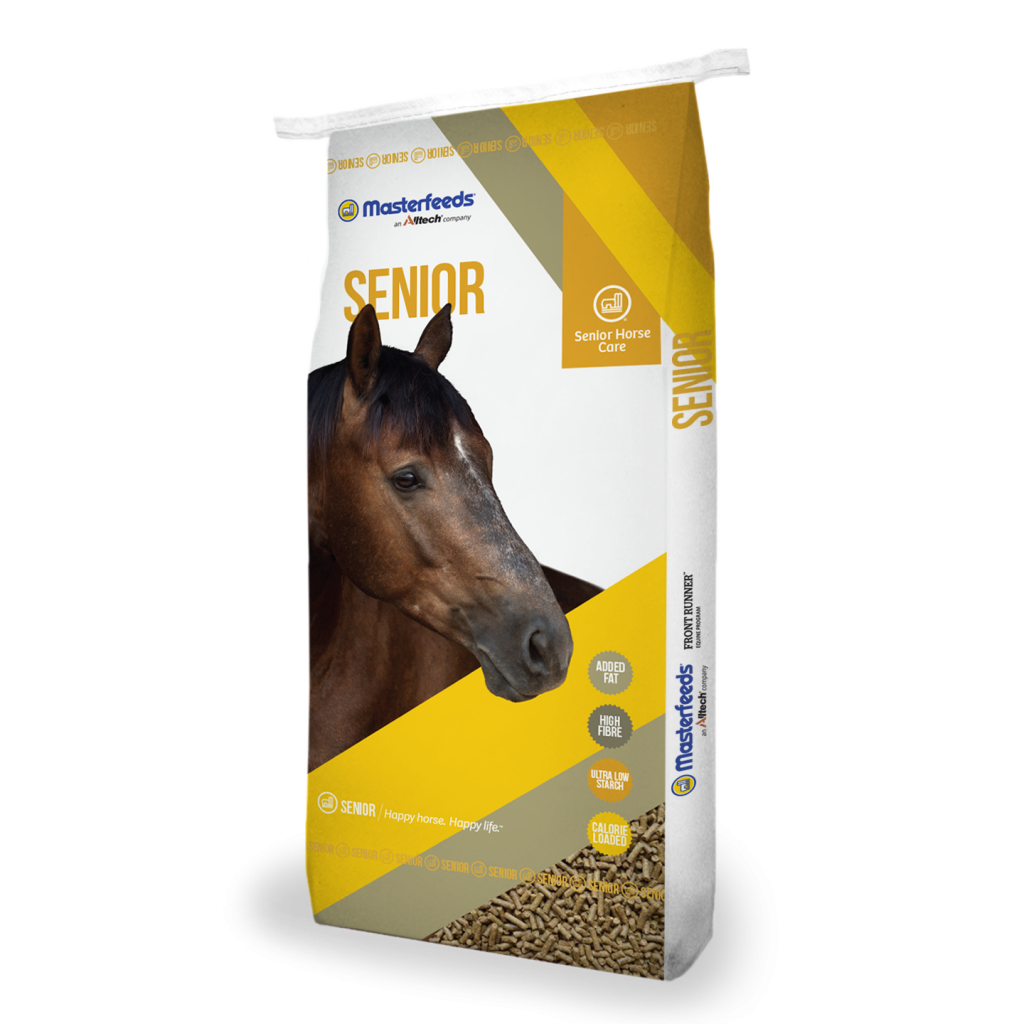
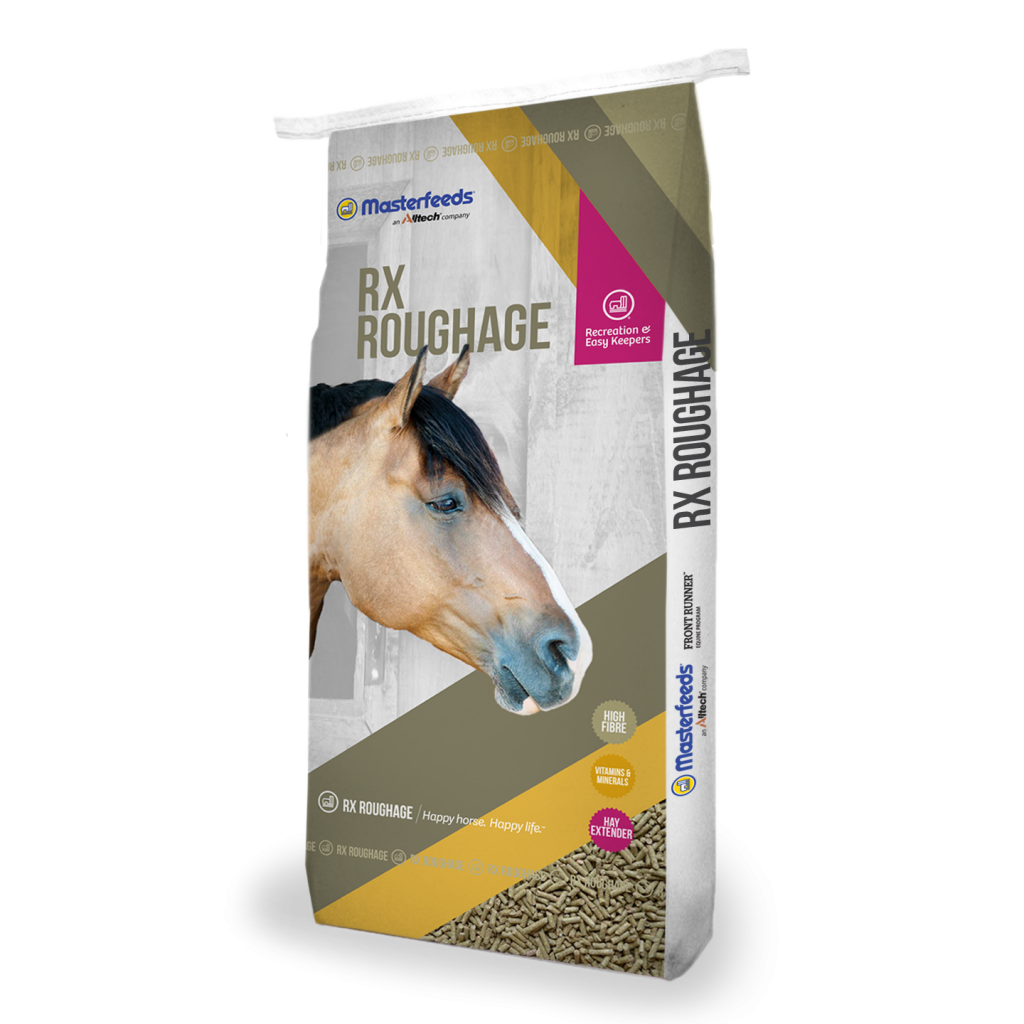
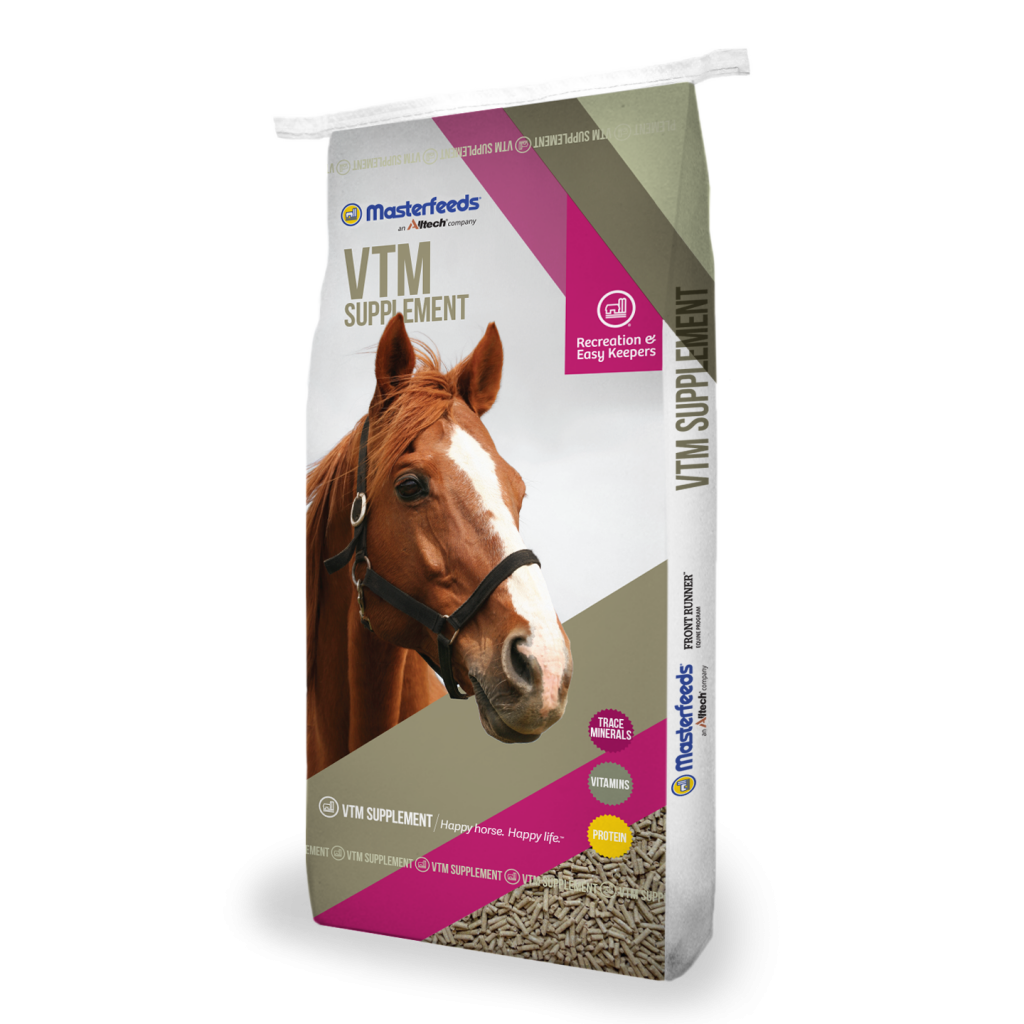
Product Spotlight
- Two Ends of the Spectrum: Feeding the Under or Over Weight Horse
- Preventing and Treating Colic
- Gastric Ulcers and Tying Up
- Tips to Minimize Parasites on the Farm
- Hay Shortages and Quality Issues: Finding Fibre Alternatives and Balancing Rations
- Considering Calories: Weight Loss Causes and Solutions
- Feeding for Optimal Body Condition
- Creating a Feed for Metabolic Challenges
 POSSIBLE CANADA POST DISRUPTION
POSSIBLE CANADA POST DISRUPTION